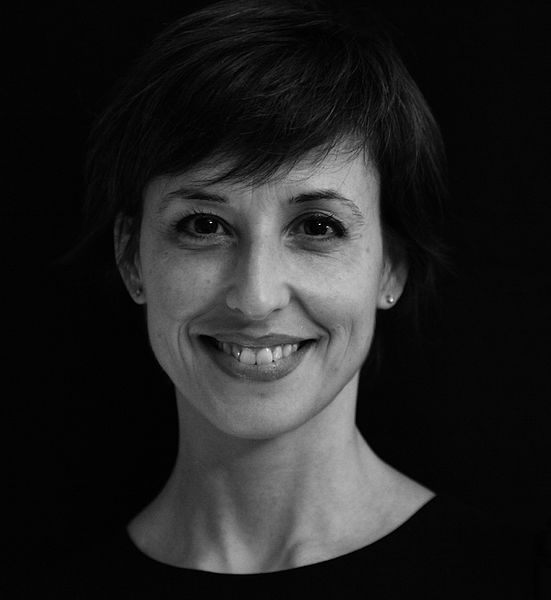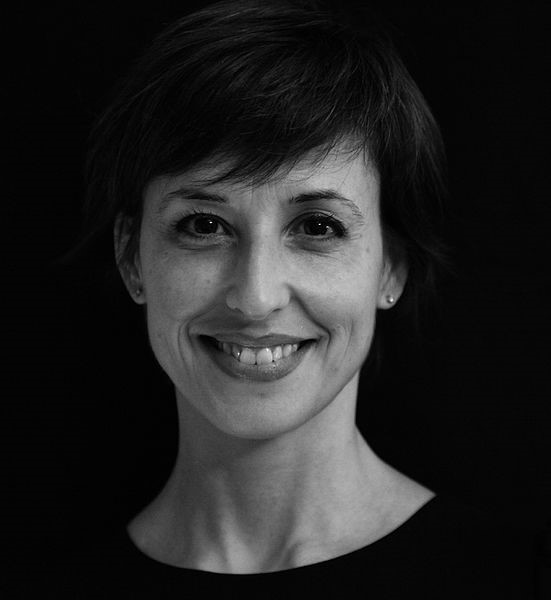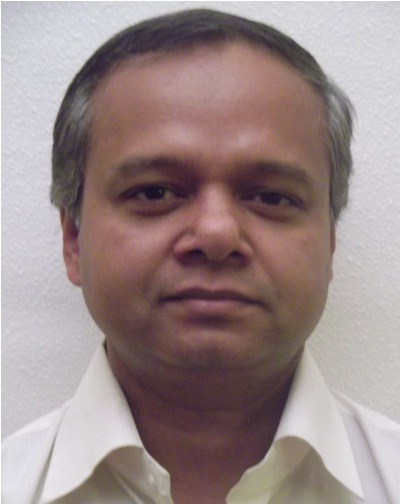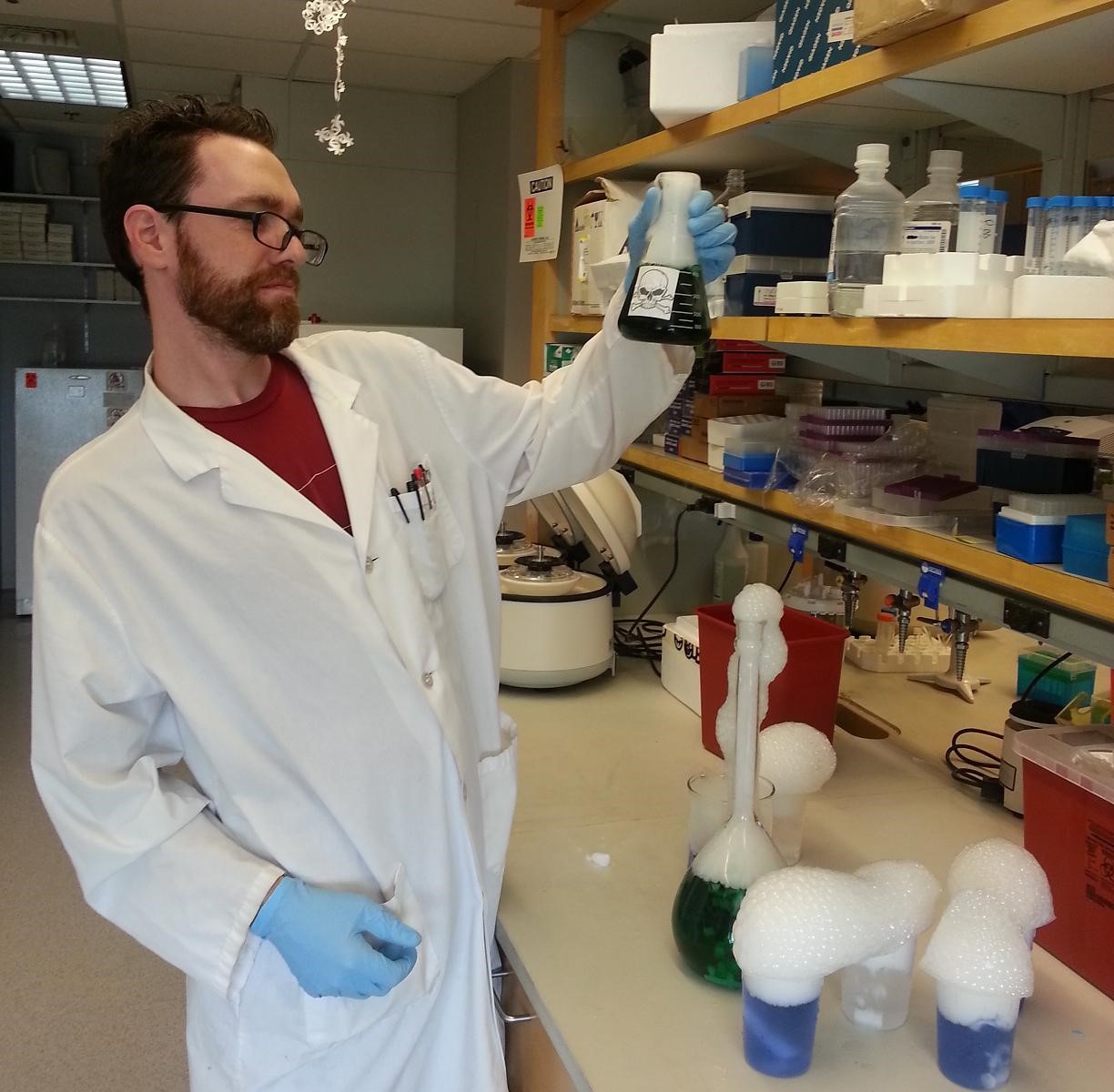 Dr. Eva Poveda is the Research Lead of the Group of Virology and Pathogenesis at the Galicia Sur Health Research Institute (IISGS) (http://www.iisgaliciasur.es/research-areas/inflammatory-and-infectious-diseases-immune-disorders/virology-pathogenesis/?lang=en). Her research career is focused on the study of HIV/AIDS and viral hepatitis since 2001. The results of her work have mainly focused on the molecular epidemiology, drug resistance, and pathogenesis of these infections, and have had direct applicability on the clinical management of patients. She has published 140 articles (h-index: 32) in major international scientific journals (https://www.ncbi.nlm.nih.gov/pubmed/?term=poveda+e). Dr. Poveda also has extensive experience in leading national and international projects in HIV research in HV, mainly in Europe and in the USA at Case Western Reserve University School of Medicine (CWRU) in Cleveland, Ohio. She has co-authored several guidelines on the treatment of HIV and HCV infections, and the clinical management of HIV Drug Resistance (i.e. GESIDA, GEHEP, ESAR, HIV/AIDS Network of Spain). She is currently the co-leader of the Working Group on HIV Drug Resistance in the Spanish HIV/AIDS Network (GESIDA), and lead author of the current 2018 Spanish guidelines on HIV drug resistance (GeSIDA). She is also actively engaged in scientific teaching and has directed 6 doctoral theses: 3 at the Universidad Complutense de Madrid and 3 at Universidade de A Coruña (summa cum laude). Dr. Poveda also actively participates in projects and initiatives for Science Communication to bring scientific knowledge to the general public, as well as promoting women in science. Her scientific contributions have been recognized with several awards, including the 2012 LOREAL-UNESCO Award for Women in Science Program in Spain. Dr. Poveda has established a solid collaboration with the Laboratory of Interesting Immunology led by Dr. Michael Lederman at Case Western Reserve University (Cleveland, Ohio), in order to study the significance of extracellular vesicles (EVs) and mitocondria in the pathogenesis of HIV disease.
Dr. Eva Poveda is the Research Lead of the Group of Virology and Pathogenesis at the Galicia Sur Health Research Institute (IISGS) (http://www.iisgaliciasur.es/research-areas/inflammatory-and-infectious-diseases-immune-disorders/virology-pathogenesis/?lang=en). Her research career is focused on the study of HIV/AIDS and viral hepatitis since 2001. The results of her work have mainly focused on the molecular epidemiology, drug resistance, and pathogenesis of these infections, and have had direct applicability on the clinical management of patients. She has published 140 articles (h-index: 32) in major international scientific journals (https://www.ncbi.nlm.nih.gov/pubmed/?term=poveda+e). Dr. Poveda also has extensive experience in leading national and international projects in HIV research in HV, mainly in Europe and in the USA at Case Western Reserve University School of Medicine (CWRU) in Cleveland, Ohio. She has co-authored several guidelines on the treatment of HIV and HCV infections, and the clinical management of HIV Drug Resistance (i.e. GESIDA, GEHEP, ESAR, HIV/AIDS Network of Spain). She is currently the co-leader of the Working Group on HIV Drug Resistance in the Spanish HIV/AIDS Network (GESIDA), and lead author of the current 2018 Spanish guidelines on HIV drug resistance (GeSIDA). She is also actively engaged in scientific teaching and has directed 6 doctoral theses: 3 at the Universidad Complutense de Madrid and 3 at Universidade de A Coruña (summa cum laude). Dr. Poveda also actively participates in projects and initiatives for Science Communication to bring scientific knowledge to the general public, as well as promoting women in science. Her scientific contributions have been recognized with several awards, including the 2012 LOREAL-UNESCO Award for Women in Science Program in Spain. Dr. Poveda has established a solid collaboration with the Laboratory of Interesting Immunology led by Dr. Michael Lederman at Case Western Reserve University (Cleveland, Ohio), in order to study the significance of extracellular vesicles (EVs) and mitocondria in the pathogenesis of HIV disease.
Daniela Moisi
 Daniela Moisi is the Lab Manager of Dr. Lederman’s laboratory of “Interesting Immunology”. She supervises all staff, collects and analyzes data from experiments, provides results to the principal investigator, and exports data to the central monitoring facility in timely fashion.
Daniela Moisi is the Lab Manager of Dr. Lederman’s laboratory of “Interesting Immunology”. She supervises all staff, collects and analyzes data from experiments, provides results to the principal investigator, and exports data to the central monitoring facility in timely fashion.
She previously served as Senior Research Assistant McGill AIDS Center, Jewish General Hospital, Laboratory of Dr. Wainberg working on sequencing and Phylogenetic analysis.
She holds a Bachelor of Science with specialty in Microbiology and Immunology from University of Montreal- Canada along with a master in Horticulture and Viticulture from University Nicolae Balcescu Bucharest, Romania.
Dominic Dorazio
Dominic Dorazio works with both the clinical trials and basic research parts of the lab. He preforms blood specimen processing, maintains the blood repository, and ships specimens. You occasionally will find him in front of a flow cytometer. He preforms a lot of ELISAs and CFSE dye dilution assays. When not in the lab, Dom enjoys gardening, camping, or coaching/refereeing youth sporting events. He also raises bees and chickens.
Eva Poveda

Dr. Eva Poveda is the Research Lead of the Group of Virology and Pathogenesis at the Galicia Sur Health Research Institute (IISGS) (http://www.iisgaliciasur.es/research-areas/inflammatory-and-infectious-diseases-immune-disorders/virology-pathogenesis/?lang=en). Her research career is focused on the study of HIV/AIDS and viral hepatitis since 2001. The results of her work have mainly focused on the molecular epidemiology, drug resistance, and pathogenesis of these infections, and have had direct applicability on the clinical management of patients. She has published 140 articles (h-index: 32) in major international scientific journals (https://www.ncbi.nlm.nih.gov/pubmed/?term=poveda+e). Dr. Poveda also has extensive experience in leading national and international projects in HIV research in HV, mainly in Europe and in the USA at Case Western Reserve University School of Medicine (CWRU) in Cleveland, Ohio. She has co-authored several guidelines on the treatment of HIV and HCV infections, and the clinical management of HIV Drug Resistance (i.e. GESIDA, GEHEP, ESAR, HIV/AIDS Network of Spain). She is currently the co-leader of the Working Group on HIV Drug Resistance in the Spanish HIV/AIDS Network (GESIDA), and lead author of the current 2018 Spanish guidelines on HIV drug resistance (GeSIDA). She is also actively engaged in scientific teaching and has directed 6 doctoral theses: 3 at the Universidad Complutense de Madrid and 3 at Universidade de A Coruña (summa cum laude). Dr. Poveda also actively participates in projects and initiatives for Science Communication to bring scientific knowledge to the general public, as well as promoting women in science. Her scientific contributions have been recognized with several awards, including the 2012 LOREAL-UNESCO Award for Women in Science Program in Spain. Dr. Poveda has established a solid collaboration with the Laboratory of Interesting Immunology led by Dr. Michael Lederman at Case Western Reserve University (Cleveland, Ohio), in order to study the significance of extracellular vesicles (EVs) and mitocondria in the pathogenesis of HIV disease.
Soumya Panigrahi MBBS, PhD.
Soumya Panigrahi MBBS , PhD., is a senior research associate in the Department of Infectious Disease at Case Western Reserve University. He joined the lab with a wide range of background research training, and experiences in clinical medicine, clinical & translational research, with specific research expertise in molecular biology, immunofluorescence and immuno-histochemical techniques and data analyses. His current research includes NIH-funded projects investigating the relationships and interactions among CD8 T cells, platelets, monocytes, endothelial cells, and soluble coagulation factors that may underlie the increased cardiovascular disease risk experienced by HIV infected patients. His other research from the recent past were, studying the pathological significances of innate immunity receptors (TLRs) activation in platelets. Earlier, he discovered that a very specific biologically active region of the chicken anemia virus derived protein apoptin (VP3) can allosterically bind to the SH3 domain of BCR-ABL oncoprotein, and induce rapid apoptosis in chronic myeloid leukemia cells – an effect that is potentially superior to that of current gold standard BCR-ABL inhibitor imatinib. Soumya, also completed a clinical fellowship program in human bone marrow transplantation in Israel, where in addition to the regular clinical responsibilities, his focus of research was on ‘allogeneic cell therapy against malignancy’, and pre-clinical research for the ‘development of novel treatment for graft-versus- host disease (GVHD).
, PhD., is a senior research associate in the Department of Infectious Disease at Case Western Reserve University. He joined the lab with a wide range of background research training, and experiences in clinical medicine, clinical & translational research, with specific research expertise in molecular biology, immunofluorescence and immuno-histochemical techniques and data analyses. His current research includes NIH-funded projects investigating the relationships and interactions among CD8 T cells, platelets, monocytes, endothelial cells, and soluble coagulation factors that may underlie the increased cardiovascular disease risk experienced by HIV infected patients. His other research from the recent past were, studying the pathological significances of innate immunity receptors (TLRs) activation in platelets. Earlier, he discovered that a very specific biologically active region of the chicken anemia virus derived protein apoptin (VP3) can allosterically bind to the SH3 domain of BCR-ABL oncoprotein, and induce rapid apoptosis in chronic myeloid leukemia cells – an effect that is potentially superior to that of current gold standard BCR-ABL inhibitor imatinib. Soumya, also completed a clinical fellowship program in human bone marrow transplantation in Israel, where in addition to the regular clinical responsibilities, his focus of research was on ‘allogeneic cell therapy against malignancy’, and pre-clinical research for the ‘development of novel treatment for graft-versus- host disease (GVHD).
Brian Clagett
 Brian is a research assistant in Dr. Lederman’s lab. He specializes in flow cytometry and is responsible for designing, running, and analyzing flow cytometry panels for the ACTG ISL (AIDS Clinical Trials Group Immune Specialty Laboratory) and other pet projects. He is also a member of the ACTG Lab Tech Committee. Brian enjoys pinball, craft cocktails, and his dog, Baxter.
Brian is a research assistant in Dr. Lederman’s lab. He specializes in flow cytometry and is responsible for designing, running, and analyzing flow cytometry panels for the ACTG ISL (AIDS Clinical Trials Group Immune Specialty Laboratory) and other pet projects. He is also a member of the ACTG Lab Tech Committee. Brian enjoys pinball, craft cocktails, and his dog, Baxter.
Hiral Patel
Hiral Patel started working for Michael Lederman in May of 2017 as a Research Assistant. For the past 17 years, prior to joining his research group, she worked with Dr. Charles Hoppel in the Department of Pharmacology at Case Western Reserve University studying mitochondrial disease. She uses her expansive knowledge of enzyme assays to help the laboratory study mitochondrial activity in HIV-infected CD4+ cells. She also works on a project involving the generation of macrophages from monocytes to study productive and latent infection. Hiral is glad to have joined this research group in particular because it gives her the opportunity to learn immunology, a different branch of science than what she is used to.